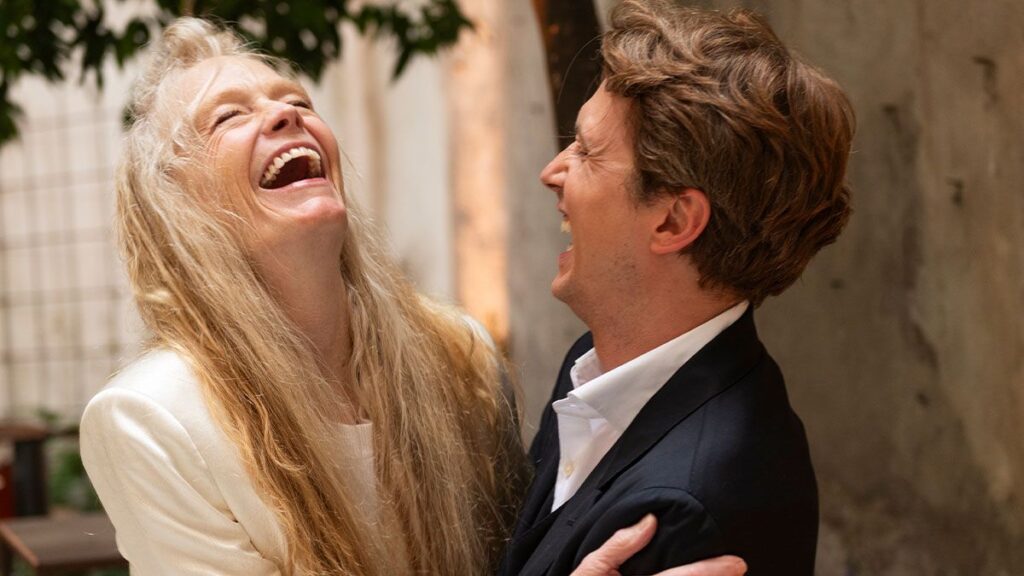Become a Vogue Business Member to receive unlimited access to Member-only reporting and insights, our Beauty and TikTok Trend Trackers, Member-only newsletters and exclusive event invitations.
In March, social entrepreneur Suzy Amis Cameron (whose husband is filmmaker James Cameron) launched a holding company with bold ambitions in fashion and beyond.
Co-signed by entrepreneur Erik Stangvik and former Deloitte partner Blair Knippel, Inside Out was positioned as a “wayfinding collective” designed to deliver “revolutionary solutions to the world’s most urgent challenges”. Its mission spreads across six key verticals: science research technology, fashion textiles home, food, education, media, and wellness.
Just over six months in, the fashion textiles home vertical — helmed by Vogue Business 100 Innovator and longtime sustainability consultant Matteo Ward — has already made two acquisitions: Wråd, the consulting studio Ward founded; and Sheep Inc., a UK-based wool brand focused on traceability. On Thursday, Inside Out unveiled the latest project: organic children’s and womenswear brand The Simple Folk.
To mark the occasion, Ward and Amis Cameron outline their shared vision for Inside Out, and how they plan to turn their blue-sky ambitions into reality.
Vogue: Why did you create Inside Out and what do you hope it will achieve?
Suzy: For years I’d been working across education, fashion and food, but these worlds were operating in silos. I wanted to bring them under one ecosystem that could align business agendas and the urgent needs of the planet. Inside Out was born from a simple realization. If we want lasting change, we have to redesign the systems that shape our daily lives, from the clothes we wear to the food we eat, the stories we tell and the way we nurture our families. Our objective is to improve the well-being of the world for generations we will never meet.
Vogue: You’re operating across sectors, but how does Inside Out plan to create sustainable change in the fashion industry specifically?
Matteo: Every day, we walk into work aware of the fact that nobody needs another pair of jeans or another T-shirt, but we all need better brands and better systems built around them, to fashion better habits and better habitats.
It’s beyond materials — it’s about redefining the role of the fashion industry itself. At the highest level, preserving the industry’s legitimacy and relevance. At the brand level, preserving their competitiveness and resilience. If we extract essential resources for life to make clothes, the bare minimum is to ask ourselves: what for? What can brands do for their communities? What’s the transformative promise of our projects?

